Philippine rebels accuse Japan fruit exporter of land grabbing
- Mindanao Examiner
- 12 April 2011
Philippine communist rebels on Tuesday accused a Japanese subsidiary of grabbing lands from local farmers in Mindanao.
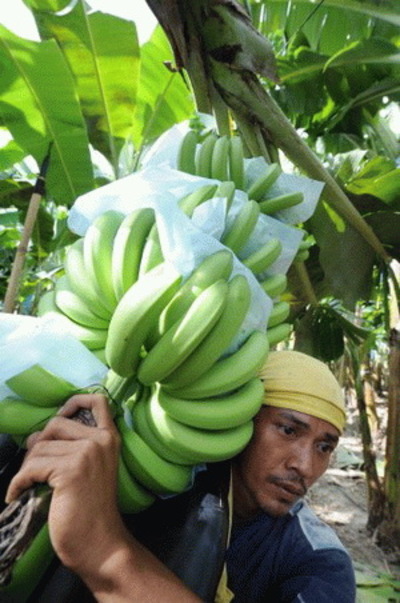
Philippine communist rebels on Tuesday accused a Japanese subsidiary of grabbing lands from local farmers in Mindanao.
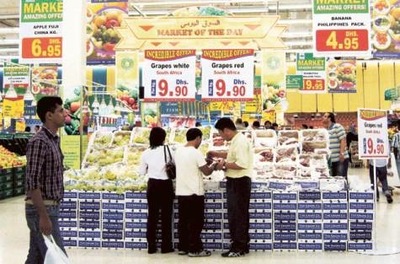
The UAE has purchased thousands of acres of arable land in Sudan to grow products for the home market, while Bahraini investors help meet demand in the kingdom from farmland bought in Thailand and the Philippines.

Zuellig Group will set up a 30,000-hectare corn plantation in the Philippines to ensure that its own feed milling requirements are met.
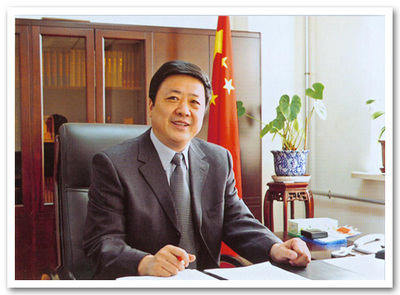
China’s largest agricultural company plans to acquire 200,000 hectares of land in Argentina, Brazil, Venezuela, Australia, the Philippines, Zimbabwe and Russia in 2011.
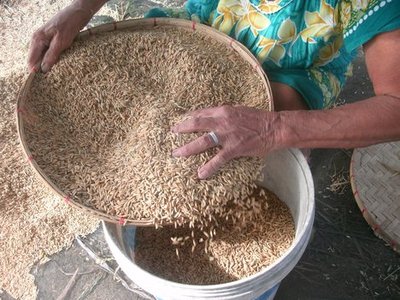
O principal grupo agrícola da China, Heilongjiang Beidahuang Nongken Group, anunciou que adquirirá ou arrendará 200 mil hectares de cultivo em países latino-americanos como o Brasil, assim como em Rússia, Filipinas, Austrália e Zimbábue, informou o jornal oficial "China Daily".

El principal grupo agrícola de China, Heilongjiang Beidahuang Nongken Group, anunció hoy que adquirirá o arrendará 200.000 hectáreas de cultivo en países latinoamericanos como Brasil, Argentina y Venezuela, así como en Rusia, Filipinas, Australia y Zimbabue, informó el diario oficial "China Daily".
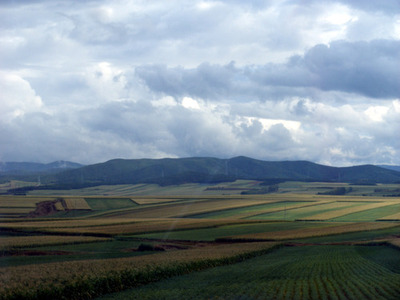
Beidahuang, one of the China's leading vehicles for the purchase of foreign agricultural properties, will buy 200,000 hectares of farmland overseas this year, with Latin America and South East Asia as the target areas.
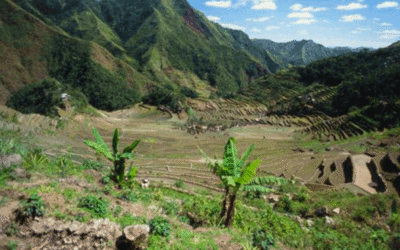
Investors from UAE, Saudi Arabia, Kuwait and Bahrain are currently planning to inrease investment in the agriculture sector of the Philippines as part of their government’s food security programmes.
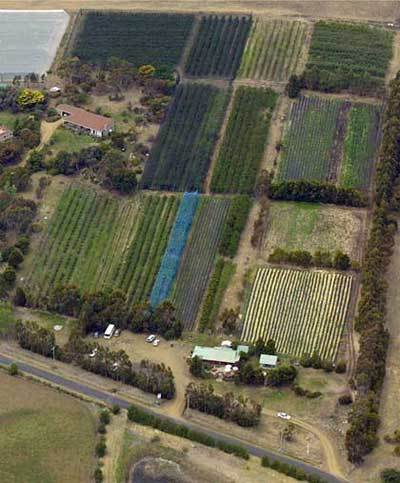
A Korean firm is eyeing the Philippines for developing vast agricultural lands for vegetable production.

A local subsidiary of Saudi Arabian firm Abbar and Zainy has proposed turning a wide swathe of land in Sultan Kudarat and Maguindanao – including the site of the Maguindanao massacre – into a banana plantation.

What are the implications when one of China's most powerful agribusiness firms starts acquiring thousands of hectares of land in the Province of Rio Negro, Argentina for the production of soyabeans, wheat, and oilseed rape to ship back to China?
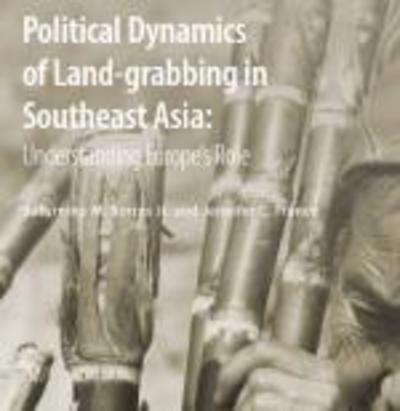
The European Union is a significant player in the widespread occurrence of land-grabbing in Southeast Asia; both through its corporate sector and public policies.

|
CAR offers land ownership using cryptocurrency
|